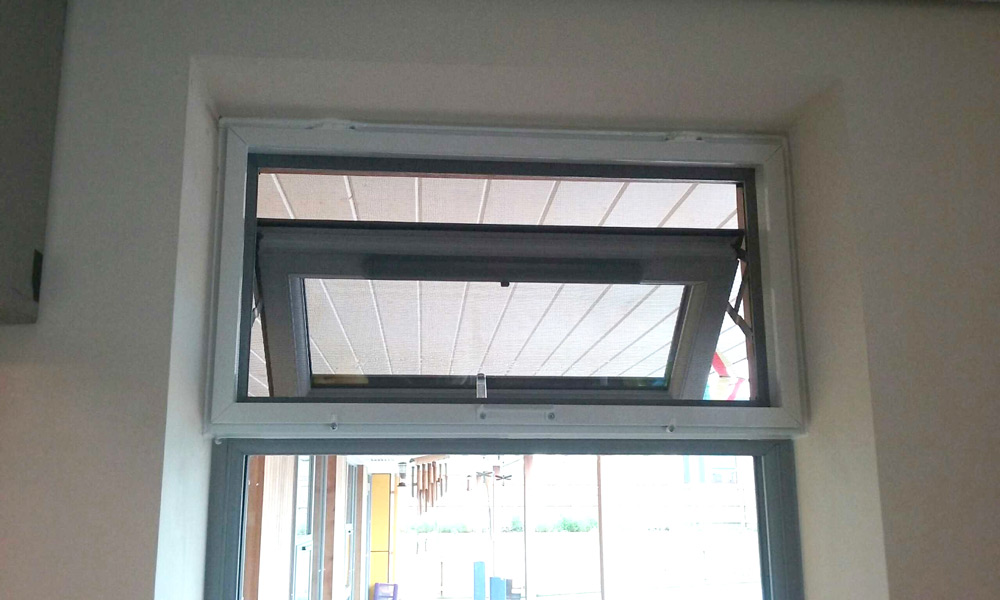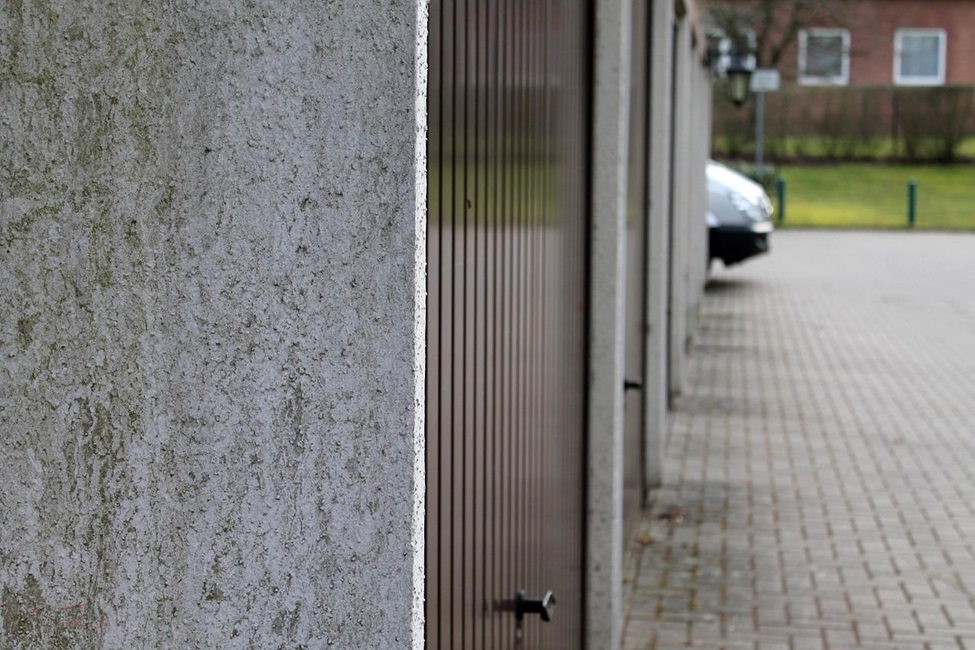
As summer approaches and insects become more prevalent, many consider fly screen protection. However, abundant mixed information can lead to clarity and correct purchases. We have compiled answers to common questions in this post to address this.
If you are looking for fly screens for your home or office, buy them from Premier Screens Ltd – a quality product supplier in the UK.
1. Will they block out the natural light?
A commonly asked question concerns the misconception of light loss with fly screens. Contrary to belief, there is minimal to no light loss unless you opt for a close-weave solar screen mesh.
In practice, once installed, the screens are barely noticeable from the inside. Experience shows that the impact on natural light is negligible, dispelling concerns about darkening interiors when using fly screens.
2. Will my screens prevent the entry of every insect?
The standard 18 x 16-grade mesh effectively keeps out insects like:
- Mosquitoes
- Wasps
- Flies
- Bees
This mesh size deters most flying insects, as they typically avoid squeezing through small gaps. However, for tiny insects like midges, fruit flies, or thrips, a smaller mesh, such as 20 x 20 or 20 x 30, maybe a suitable choice.
3. Do I have to remove them while cleaning?
Regular cleaning of screens is crucial to remove dirt, dust, and insect debris to ensure optimal efficiency. Panel-type screens are designed for easy removal, allowing for cleaning in a standard detergent and warm water solution, followed by rinsing and air drying.
The corrosion-resistant and non-shrinking mesh makes this cleaning method ideal. Powder-coated frames can be wiped with a damp cloth. For roller-type screens, cleaning them in place using a vacuum cleaner with a soft brush attachment is recommended.
4. Can pets damage the screen mesh?
While standard fiberglass mesh is not explicitly designed to be pet-proof, its durability varies based on your pet’s behaviour. Kittens may climb, while some dogs may paw at screens. Consider pet-friendly screening for added toughness if concerned about potential damage.
5. Can we get more robust meshes?
While there is no completely indestructible fly screen, alternative materials like copper or stainless-steel mesh offer enhanced durability. However, these are harder to fit and costlier. For added protection, consider installing an aluminium grill over a standard fly screen, providing a practical and attainable solution.
6. Who will pay for fly screens – tenants or landlords?
The responsibility for covering the cost of fly screens can vary based on lease agreements and local laws. If basic insect protection is deemed essential for housing quality, landlords may be obligated to pay for fly screens.
Alternatively, tenants might bear the responsibility, particularly for retrofits, without a clear contractual arrangement. It is crucial to carefully review the lease and communicate with the landlord to resolve any ambiguity regarding cost responsibilities.
Local landlord-tenant laws or case law may also influence who bears the financial burden.
Consequently, the specific responsibilities regarding fly screen costs can differ across jurisdictions and types of tenancies.
We do hope that by reading this, you have got the answers to your questions.




